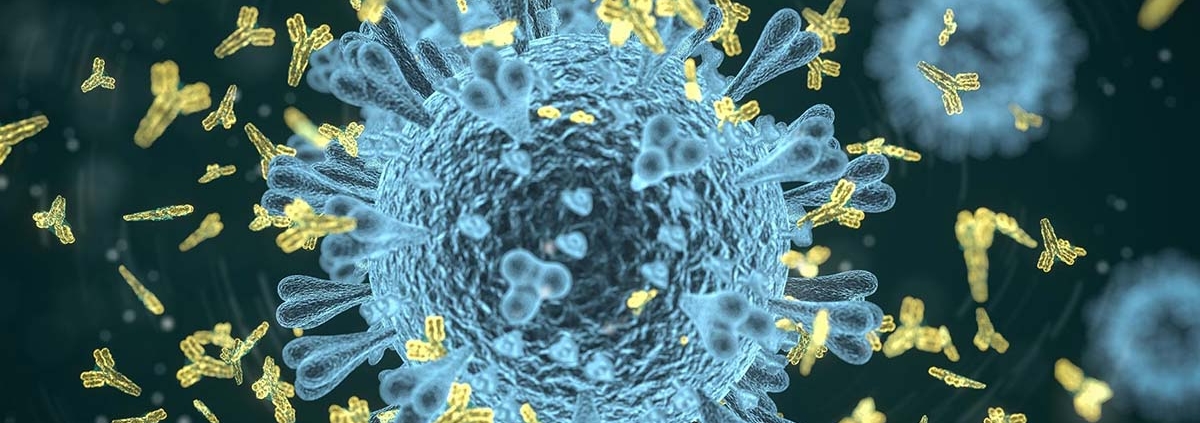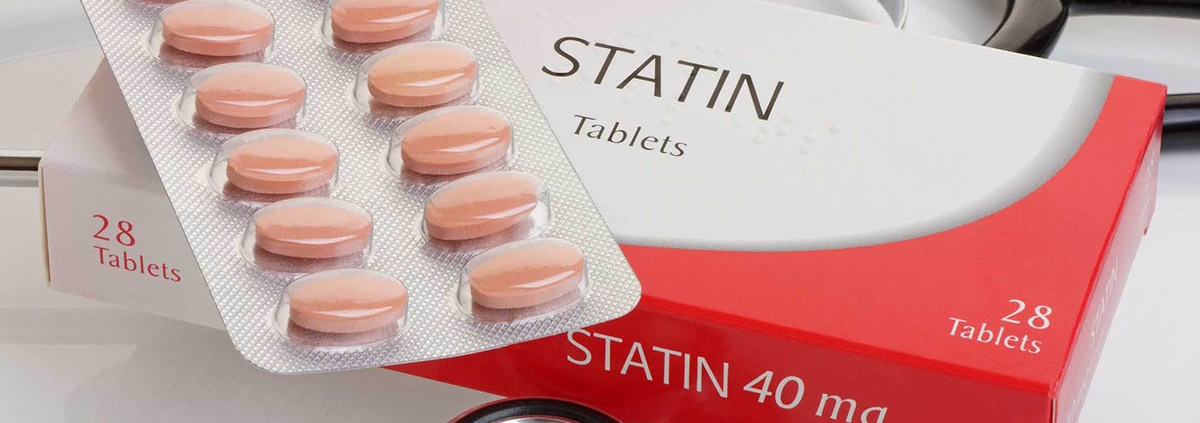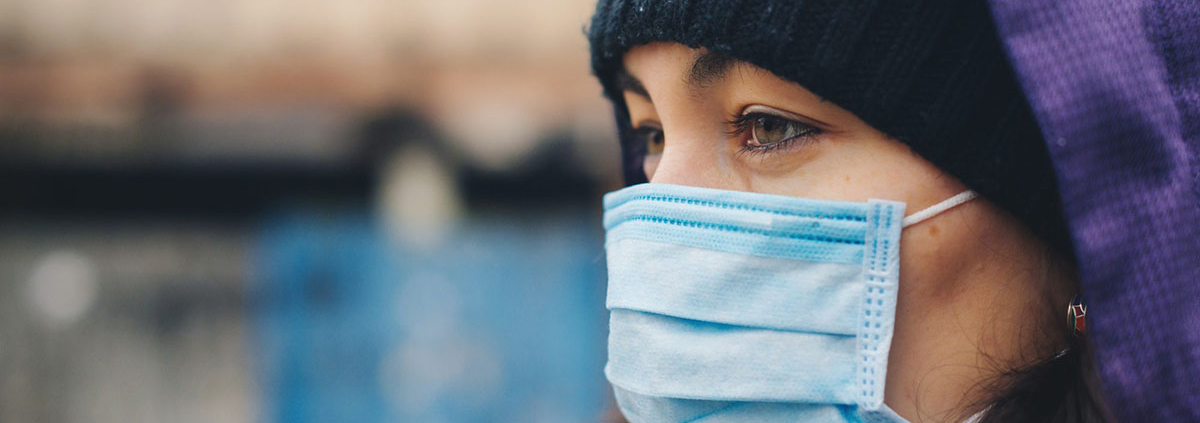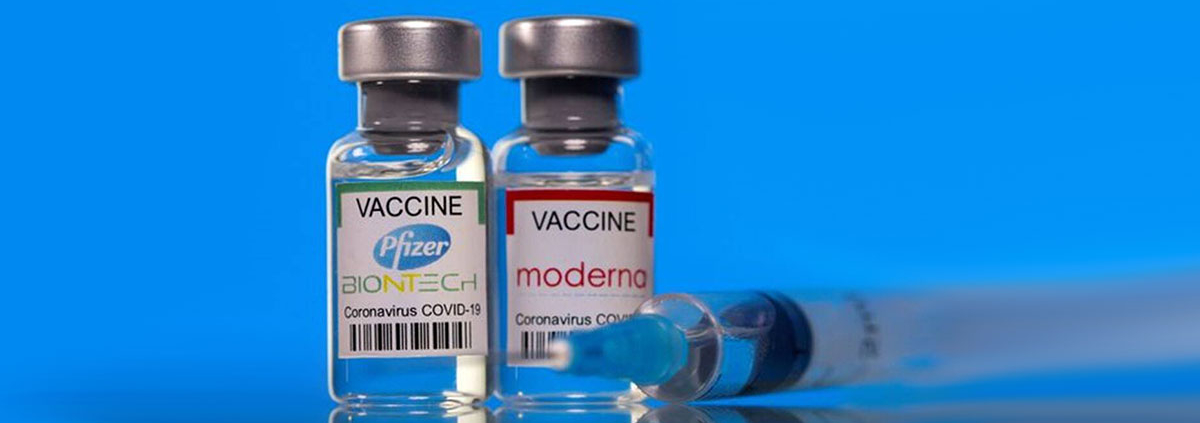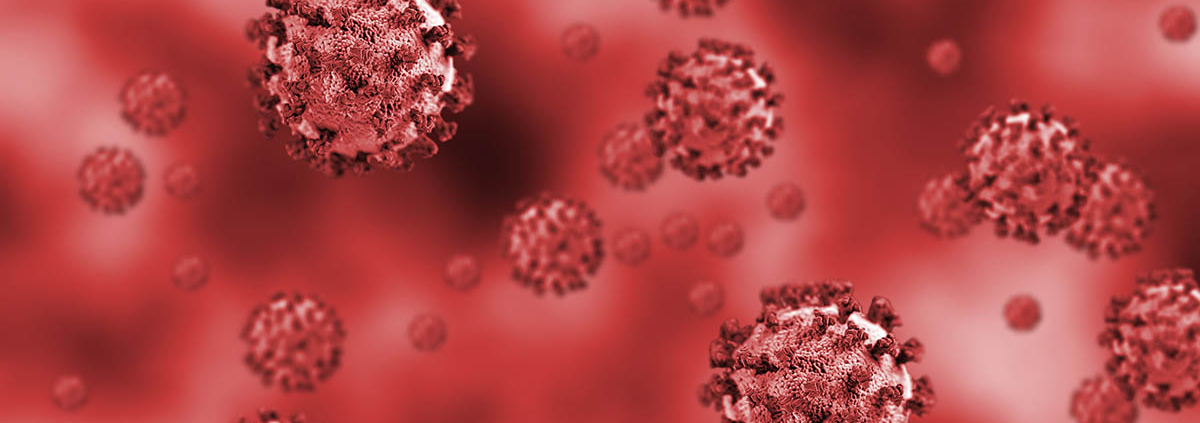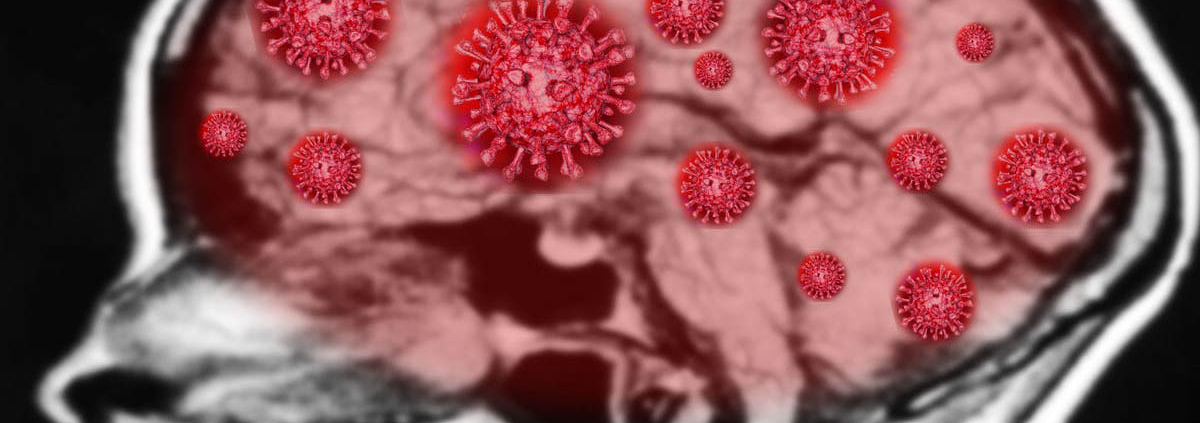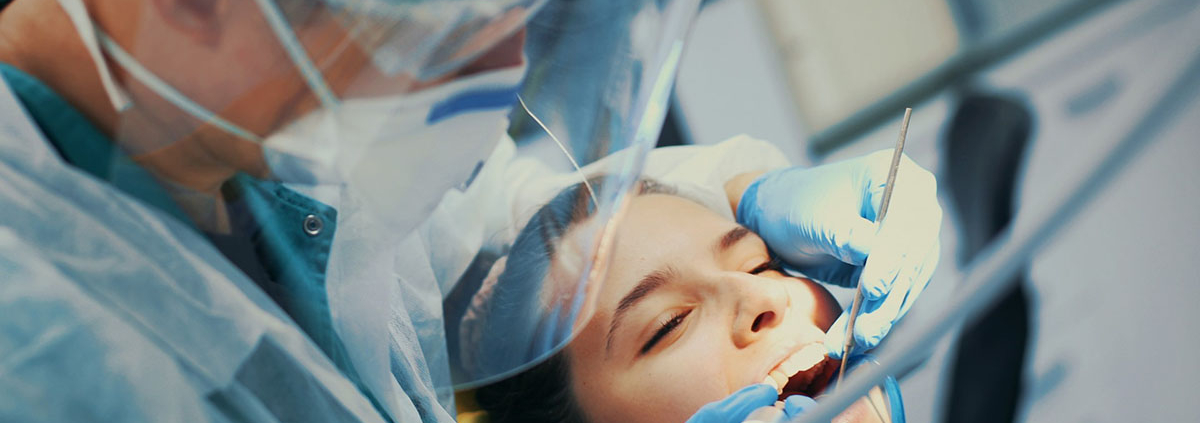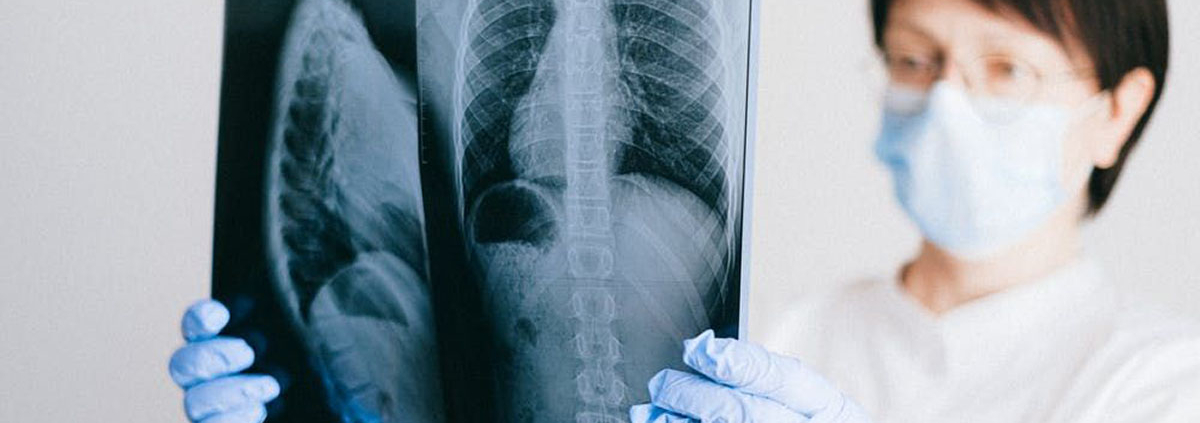Emergency department visit rates because of an opioid overdose increased by 28.5% across the U.S. in 2020, compared to 2018 and 2019, recent Mayo Clinic research finds. Emergency visits overall decreased by 14% last year, while visits because of an opioid overdose increased by 10.5%. The result: Opioid overdoses were responsible for 0.32 out of 100 visits, or 1 in every 313 visits, which is up from 0.25, or 1 in every 400 visits, the previous two years.
This trend is supported by preliminary data recently released by the Centers for Disease Control and Prevention (CDC), which recorded more than 93,000 opioid overdose deaths in 2020. That’s a 29.4% increase from the year prior and the most opioid overdose deaths every recorded in the U.S.
The research was published in the Annals of Emergency Medicine and was presented in June at the AcademyHealth annual research meeting. The research also was presented at the Society for Academic Emergency Medicine’s conference, where it was selected for a plenary session.
Release date: 26 July 2021
Source: Mayo Clinic



